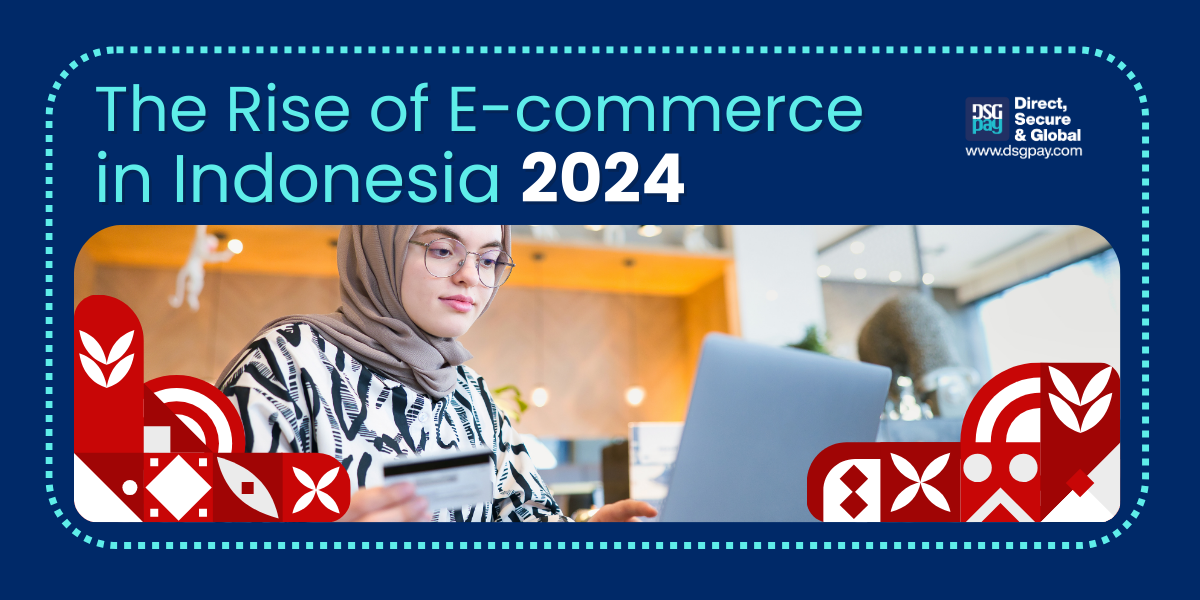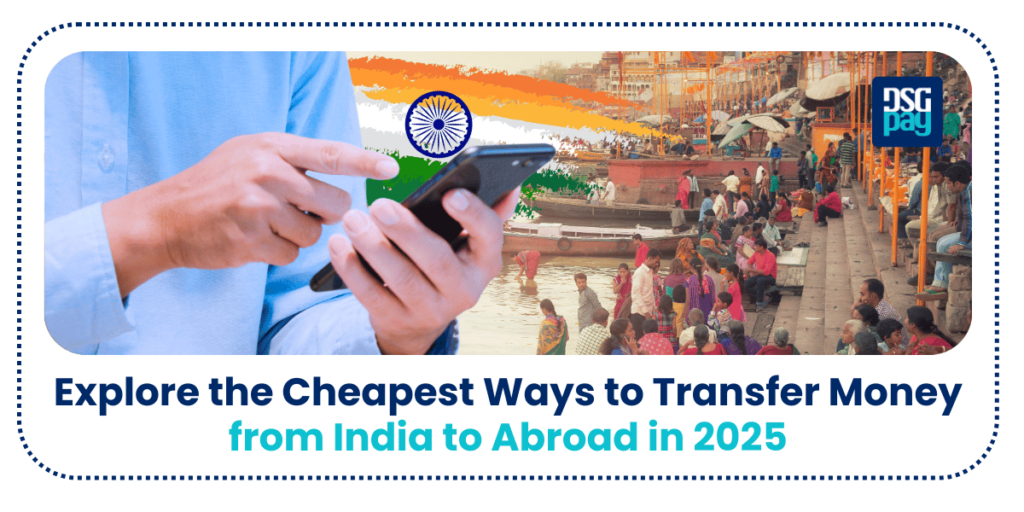E-commerce in Indonesia is witnessing a massive boom, reshaping the nation’s retail dynamics. With a rapidly growing internet user base and increasing smartphone penetration, online shopping has become a cornerstone of modern consumer behaviour. This surge in e-commerce is also driving the adoption of digital payment solutions, as businesses and consumers alike embrace the convenience and security they offer.
As Indonesia continues to develop its digital infrastructure, the e-commerce sector is poised to grow even further, creating exciting opportunities and transforming traditional retail practices. Join us as we explore the exciting e-commerce expansion in Indonesia and its impact on digital payment adoption.
Table of Contents
What is an E-Commerce Platform?
An e-commerce platform is a digital solution that enables businesses to establish and manage their online presence, facilitating the buying and selling of goods or services through the Internet. These platforms often offer a suite of tools, including product listings, inventory management, payment gateways, and customer service features, making it easy for businesses to operate in the digital marketplace.
By leveraging e-commerce platforms, businesses can reach wider audiences, streamline operations, and integrate with digital payment systems, which are becoming increasingly important in Indonesia’s rapidly evolving digital economy. This synergy between e-commerce platforms and digital payment solutions underpins the growth of e-commerce in Indonesia, making these platforms essential for modern retail operations.
E-commerce in Indonesia: An Overview
The Indonesian e-commerce market, characterised by its vast potential and vigorous growth, has seen unprecedented expansion in recent years. Online shopping has become an everyday norm, fuelled by increasing internet penetration and lifestyle changes prompted by the COVID-19 pandemic. With over 200 million internet users at the start of 2023, Indonesia stands as a key player in Southeast Asia’s digital economy. E-commerce platforms such as Tokopedia, Shopee, and Lazada have become household names, catering to millions of customers daily.

The rapid rise of e-commerce in Indonesia is attributed to several factors, including a youthful population, growing urbanization, and evolving consumer preferences. These elements have created a fertile environment for e-commerce platforms to thrive, fostering innovation and competition within the market. Moreover, government initiatives aimed at improving digital infrastructure and promoting financial inclusion have played a pivotal role in accelerating the sector’s growth.
How E-commerce is Driving Digital Payments
E-commerce and digital payments are two sides of the same coin. As e-commerce continues its upward trajectory, digital payment platforms are riding the wave, becoming an increasingly popular payment method for online purchases. The convenience, speed, and security offered by digital payments have made them a preferred choice among Indonesian consumers.
Understanding Indonesia’s Digital Payment Landscape
The digital payment ecosystem in Indonesia is diverse and rapidly evolving. From mobile wallets and banking apps to QR code payments and cryptocurrencies, Indonesia boasts various digital payment options catering to its tech-savvy consumers. This diversity reflects the adaptability of the Indonesian market to technological advancements and the growing demand for cashless transactions.
The Impact of E-commerce on Retail and Consumer Behaviour
The e-commerce boom has profoundly impacted Indonesia’s retail landscape and consumer behaviour. Traditional brick-and-mortar businesses are transitioning online, leveraging digital platforms to reach wider audiences and offer personalized shopping experiences. This shift has enabled small and medium-sized enterprises (SMEs) to compete with larger players, fostering a more dynamic and inclusive retail ecosystem.

Consumers, on the other hand, are becoming more comfortable with online transactions and digital payments. The availability of diverse payment options, attractive discounts, and the convenience of home delivery have contributed to the growing popularity of e-commerce in Indonesia. Moreover, the COVID-19 pandemic accelerated the shift towards online shopping, with consumers prioritizing safety and convenience over traditional shopping methods.
Regulatory Implications for E-commerce and Digital Payments
While the growth of e-commerce and digital payments in Indonesia presents numerous opportunities, it also raises several regulatory challenges. Policies governing data security, consumer protection, and fair competition are critical to maintaining the sustainable growth of these sectors. Ensuring compliance with regulations and fostering a transparent business environment will be essential for building consumer trust and driving long-term success.
Future Trends: What’s Next for E-commerce and Digital Payments in 2024?
- Integration of Financial Services: E-commerce platforms will increasingly incorporate financial services, offering streamlined payment and financing options.
- AI and Machine Learning: Enhanced use of AI for personalized shopping experiences, including tailored product recommendations and customer support.
- Growth of Mobile Payment Solutions: Continued expansion of mobile wallet usage and contactless payment methods.
- Buy-Now-Pay-Later (BNPL): Greater adoption of BNPL services, enabling flexible payment options for consumers.
- Blockchain-Based Payment Systems: Emerging use of blockchain for secure and transparent transactions.
- Social Commerce Expansion: Social media platforms becoming key marketplaces, driving engagement and sales through integrated shopping features.
- Blurring Lines Between E-Commerce and Social Media: Enhanced collaboration between social networks and e-commerce, leveraging social influence for increased market penetration.
Conclusion
The expansion of e-commerce in Indonesia is more than just a change in the retail sector; it’s a catalyst for a broader digital transformation encompassing digital payments and beyond. As the nation embraces the digital revolution, the synergy between e-commerce and digital payments will continue to shape Indonesia’s economic future, offering exciting opportunities for innovation and growth.
Contact DSGPay to explore modern, economical fintech innovations that can save you time.



